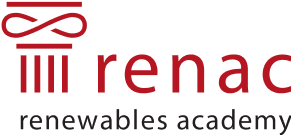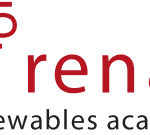This website uses cookies so that we can provide you with the best user experience possible. Cookie information is stored in your browser and performs functions such as recognising you when you return to our website and helping our team to understand which sections of the website you find most interesting and useful.
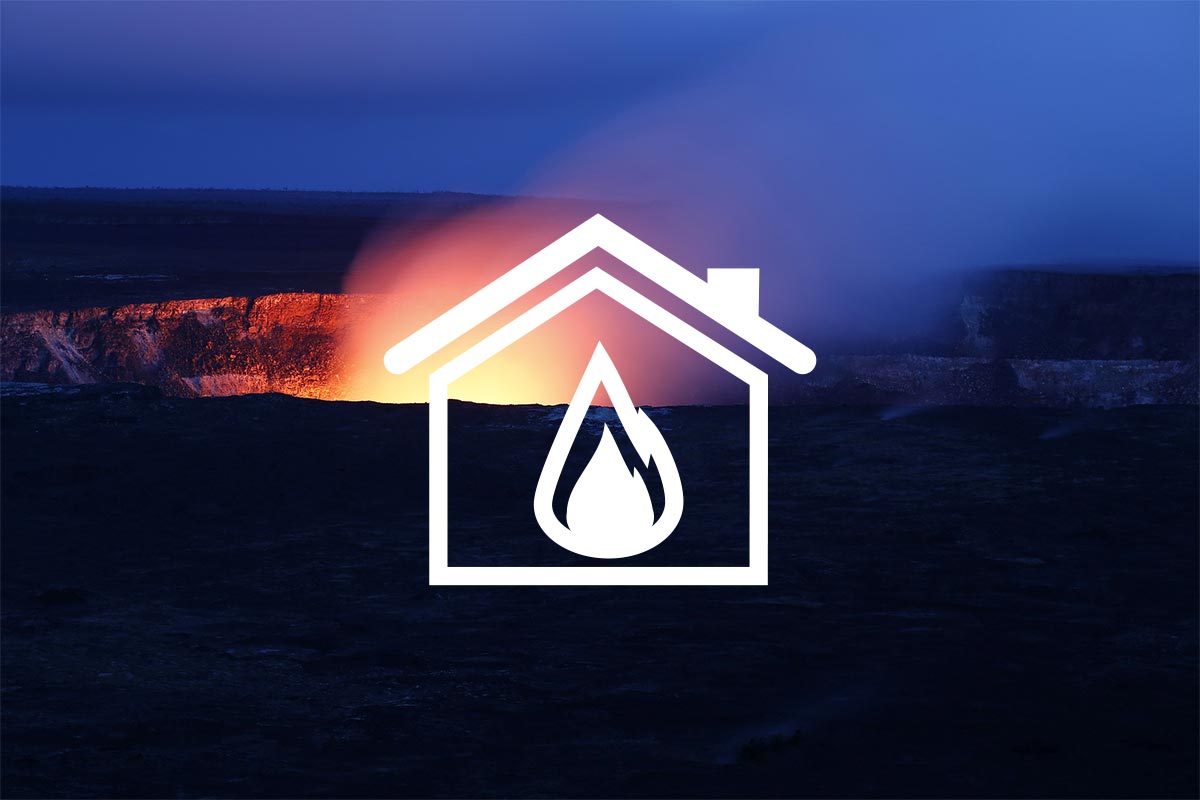
Heat Pumps
- Energy efficiency
This course highlights the major advantages of heat pumps and important factors to consider when using this technology. It covers classifying and evaluating heat pump performance, economic parameters, cycles, and modes.
€240 excl. VAT
- 19% VAT: private customers resident in the EU, companies/ public organisations and NGOs in Germany
- No VAT: private customers resident outside the EU, companies/ public organisations and NGOs outside Germany
1 month
About 30 hours
English
Online
01/07/2023
03/07/2023
Description
Description
A heat pump raises temperature from a lower to a higher level in a continuous cycle. To do so, the pump uses the energy transfer between two systems, depending mostly on the temperature difference between these systems. As such, it is easier and quicker to heat an object when it is closer to the heat source or the heat source is warmer.
Heat pumps were developed with renewable energy in mind, and the possibility to use renewably produced electricity is a key advantage that heat pumps have over conventional heating systems (such as those using oil or gas). Heat pumps raise the thermal level of a working fluid using a mechanical compressor driven by, for example, electrical energy.
This course focuses on:
- The definition of a heat pump, its components and its working cycle
- An introduction to the parameters related to environmental and financial performance
- Existing heat pump technologies and their applications
- Heat pumps and their application in different climate zones
- Refrigerant fluids
Receive a reminder one week before the registration deadline.
Learning Objectives
Learning objectives
After completing this course, you should be able to:
- describe a heat pump, including its components and working cycle;
- classify different heat pump working modes;
- evaluate efficiencies to compare technologies and use cases;
- explain and evaluate economic and environmental parameters;
- describe different heat pump technologies and their applications in terms of their performance and use in different climate zones; and
- classify refrigeration fluids according to their application, global warming potential, and method of disposal.
Target Groups
Target groups
This course is suitable for those whom:
- need a comprehensive overview of the operating principles of heat pumps used for cooling and heating;
- would like to get an overview of heat pump applications and costs; or
- want to learn about the environmental impact of heat pumps.
RENAC certificate upon successful completion of the course for participants who score 70% or higher on the exam.
Features
Features
Flexibility to study at any time and from any location
Moderated discussion forum for students
Multimedia learning materials
RENAC certificate upon successful completion of the training
We offer discounts for our alumni, group bookings, and multiple purchases. Contact us for further details.
Contact with learning facilitators
Self-assessments
Certification
Additional Information
Lecturers
Lecturers
There aren't any lecturers in this training.
-
Description
-
Learning Objectives
-
Target Groups
-
Features
-
Lecturers
Description
A heat pump raises temperature from a lower to a higher level in a continuous cycle. To do so, the pump uses the energy transfer between two systems, depending mostly on the temperature difference between these systems. As such, it is easier and quicker to heat an object when it is closer to the heat source or the heat source is warmer.
Heat pumps were developed with renewable energy in mind, and the possibility to use renewably produced electricity is a key advantage that heat pumps have over conventional heating systems (such as those using oil or gas). Heat pumps raise the thermal level of a working fluid using a mechanical compressor driven by, for example, electrical energy.
This course focuses on:
- The definition of a heat pump, its components and its working cycle
- An introduction to the parameters related to environmental and financial performance
- Existing heat pump technologies and their applications
- Heat pumps and their application in different climate zones
- Refrigerant fluids
Receive a reminder one week before the registration deadline.
Learning objectives
After completing this course, you should be able to:
- describe a heat pump, including its components and working cycle;
- classify different heat pump working modes;
- evaluate efficiencies to compare technologies and use cases;
- explain and evaluate economic and environmental parameters;
- describe different heat pump technologies and their applications in terms of their performance and use in different climate zones; and
- classify refrigeration fluids according to their application, global warming potential, and method of disposal.
Target groups
This course is suitable for those whom:
- need a comprehensive overview of the operating principles of heat pumps used for cooling and heating;
- would like to get an overview of heat pump applications and costs; or
- want to learn about the environmental impact of heat pumps.
RENAC certificate upon successful completion of the course for participants who score 70% or higher on the exam.
Features
Flexibility to study at any time and from any location
Moderated discussion forum for students
Multimedia learning materials
RENAC certificate upon successful completion of the training
We offer discounts for our alumni, group bookings, and multiple purchases. Contact us for further details.
Contact with learning facilitators
Self-assessments
Certification
Additional Information
Lecturers
There aren't any lecturers in this training.
Testimonials
Interested in RENAC trainings?
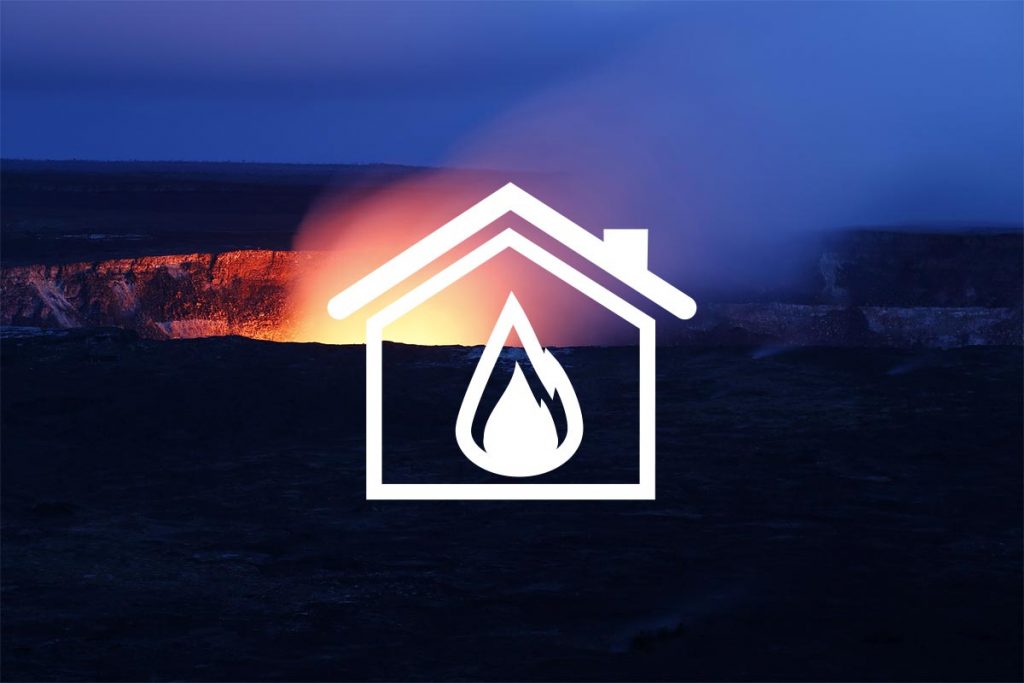
Type of training:
Next Date:
Duration:
Fee:
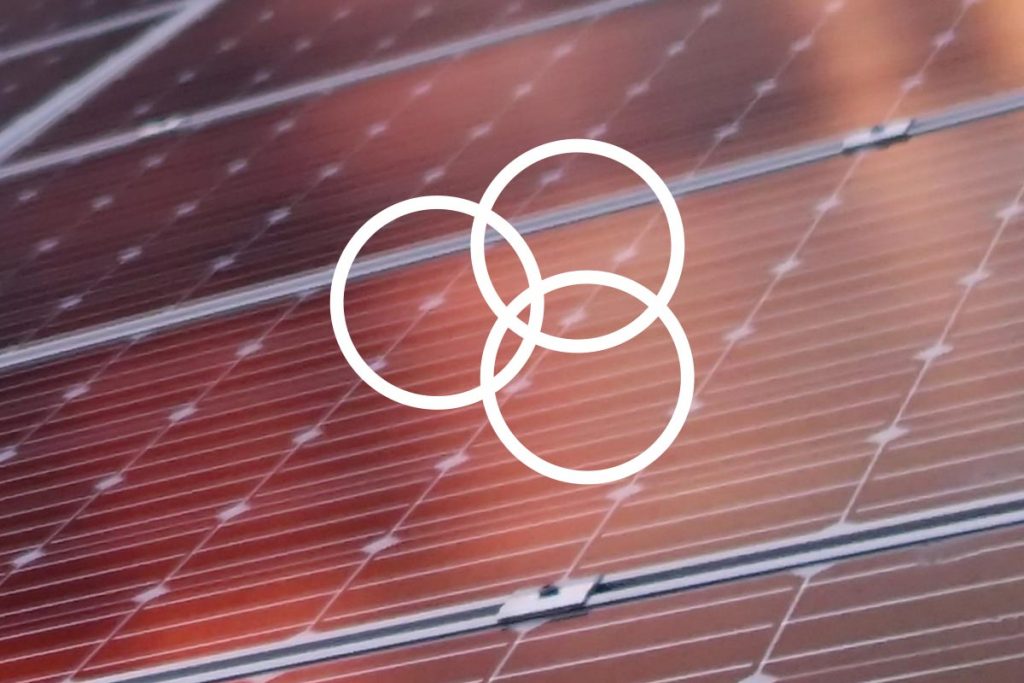
Type of training:
Next Date:
Duration:
Fee:

Type of training:
Next Date:
Duration:
Fee:
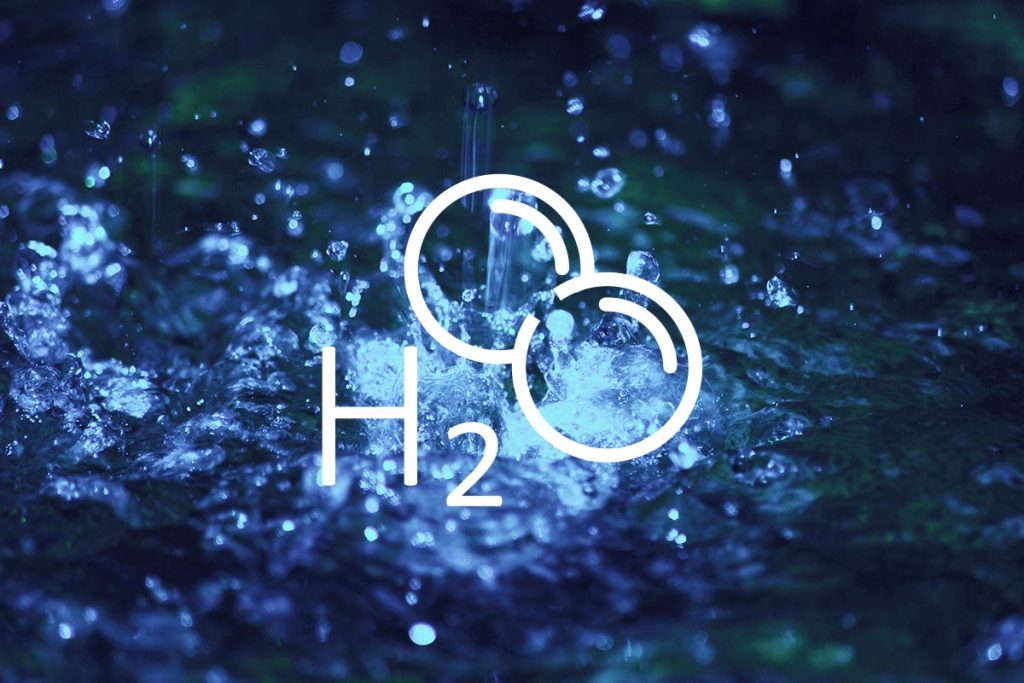
Type of training:
Next Date:
Duration:
Fee:
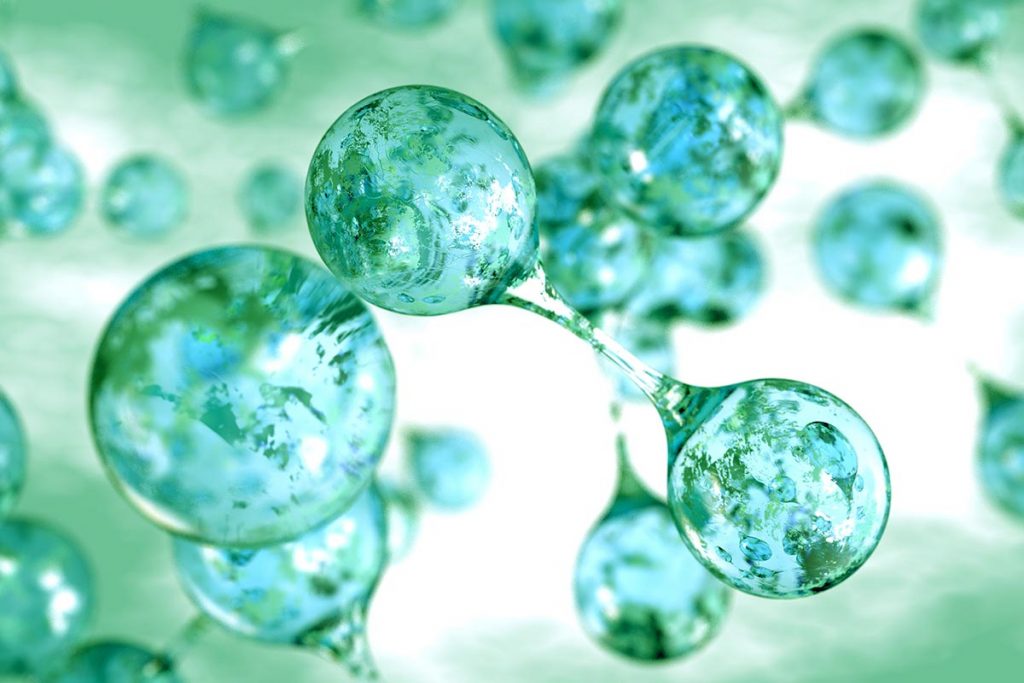
Type of training:
Next Date:
Duration:
Fee:

Type of training:
Next Date:
Duration:
Fee:
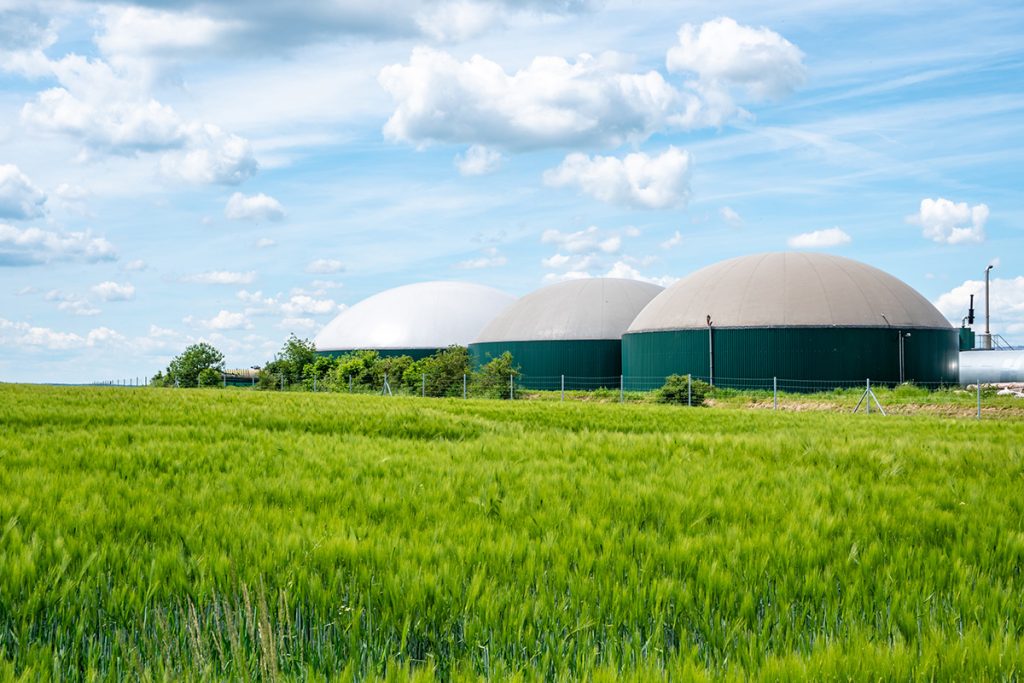
Type of training:
Next Date:
Duration:
Fee:
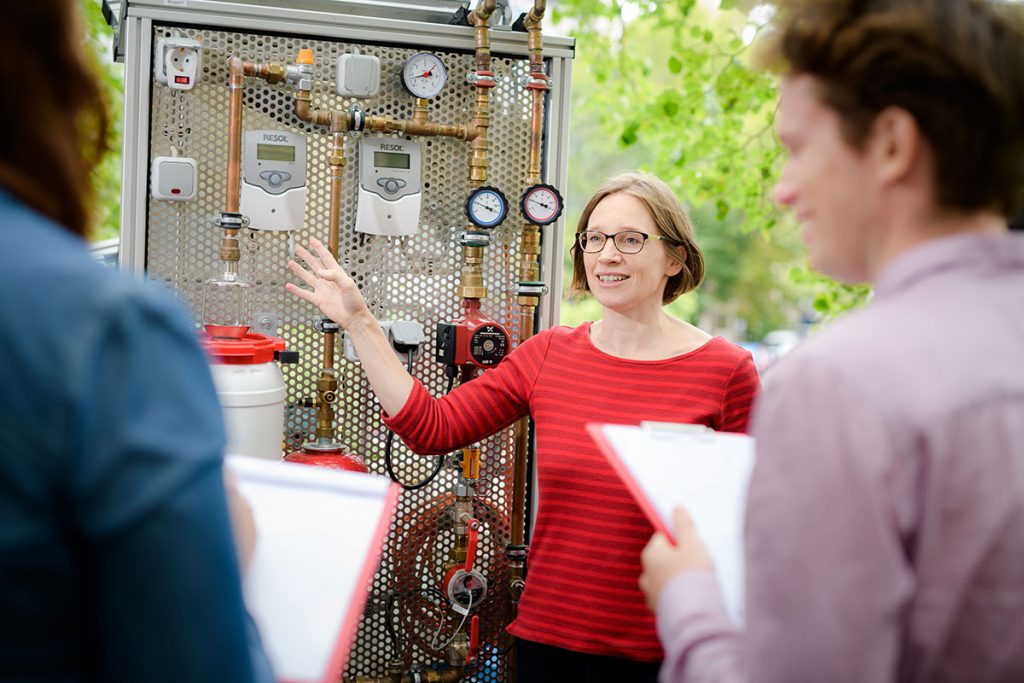
Type of training:
Next Date:
Duration:
Fee:

Type of training:
Next Date:
Duration:
Fee:

Type of training:
Next Date:
Duration:
Fee:
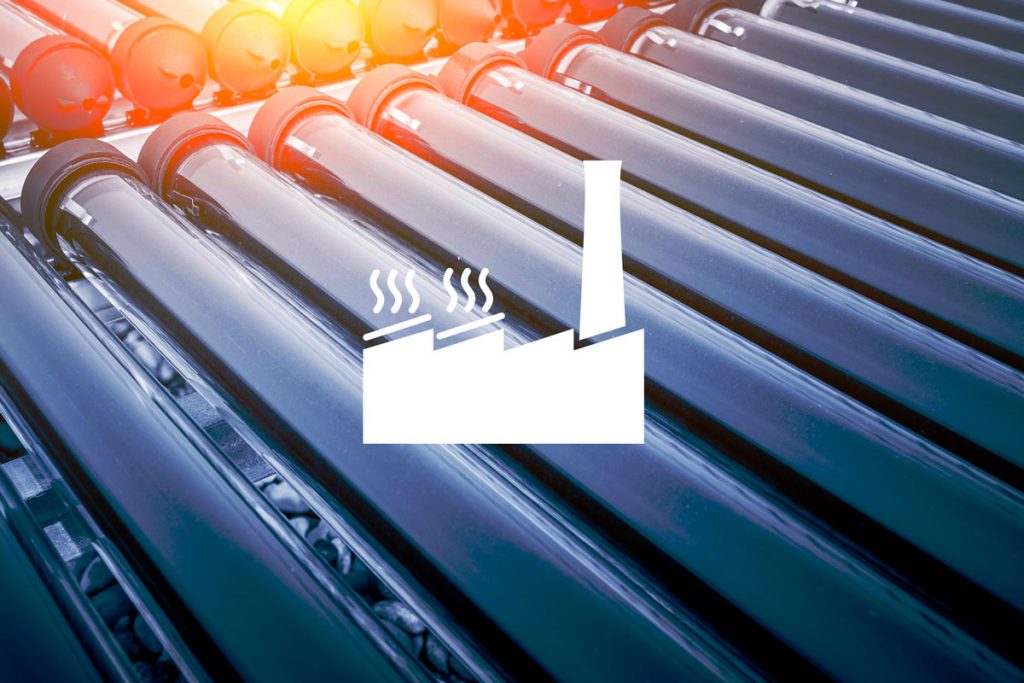
Type of training:
Next Date:
Fee:
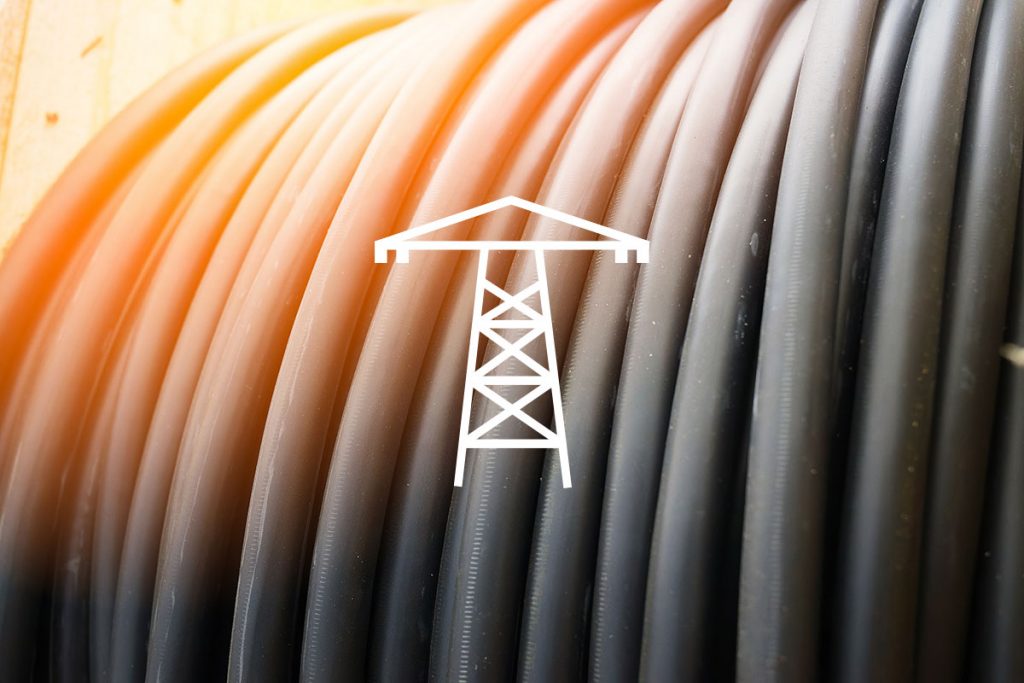
Type of training:
Next Date:
Duration:
Fee:
© 2024 | Renewables Academy (RENAC) AG
